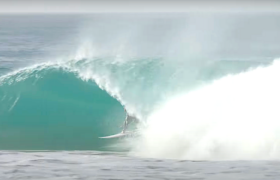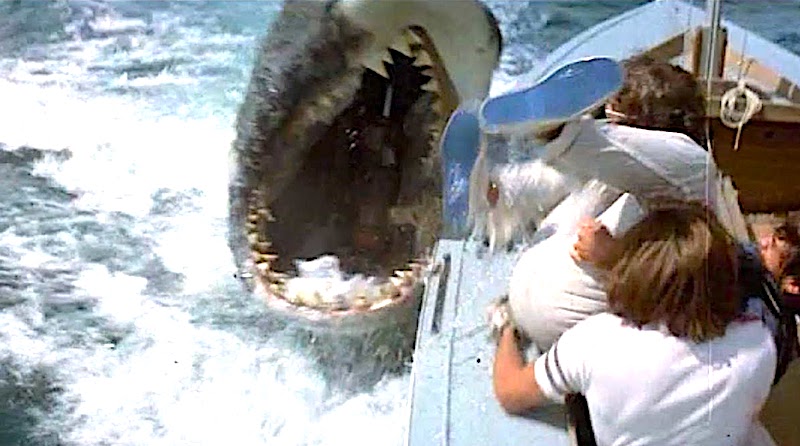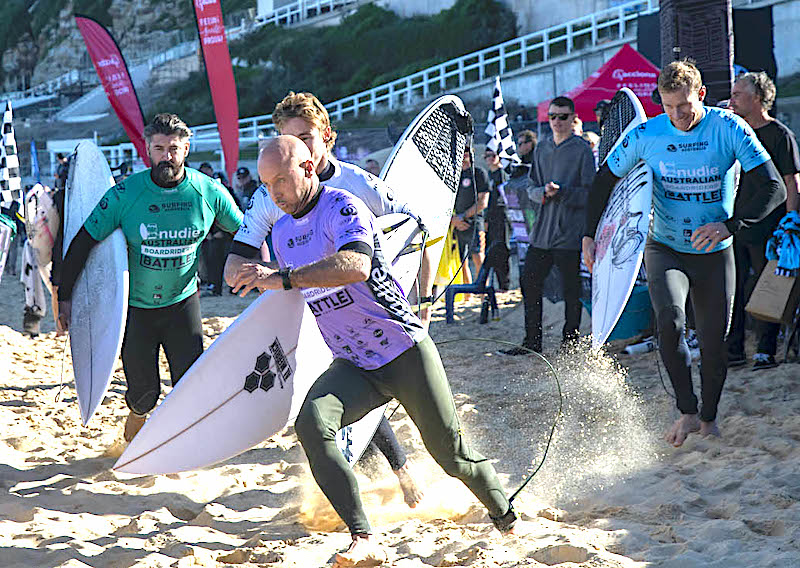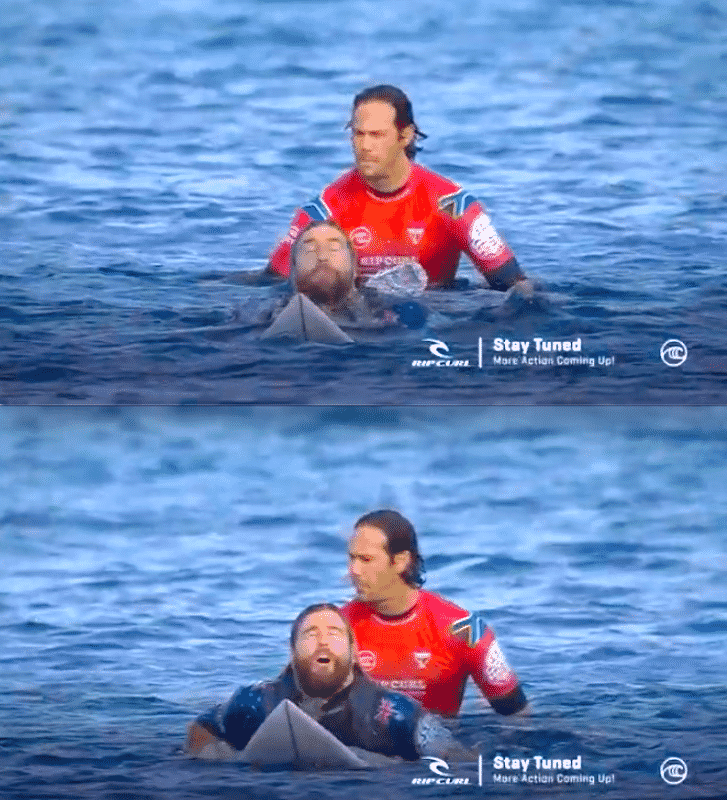"We need to reject the deification of nature."
A team of scientists predicts that 1800 people will be hit by sharks in Australia over the next 45 years.
To stem the flow of blood, they want to equip everyone who goes in the water with a personal shark deterrent device in the hope of saving, perhaps, a thousand people. (The most effective shark deterrent, the Shark Shield, reduces the risk of attack by about 60%.)
Thing is, apart from the forty percent failure rate, the user has to tolerate the occasional electric shock, these painful random jolts.
Initially, it seemed ridiculous but y’get used to it. I figured it was a small price to pay for peace of mind.
Ironically, using the device actually increased the risk of my being attacked, because I surfed more than twice as often. Around Ballina, you tend to find other things to do if the waves are not so good, especially if you are on your own. But, I felt invincible with my Shark Shield and would paddle out in anything.
So, my exposure to the risk eventually cancelled out the benefit of using the device.
There are various other problems, which might be solvable, since they concern the design of the product. But, the problem of electric shocks is unavoidable since the user needs to be positioned within the electric field and the current has to be strong enough to cause a shark to pull away.
While most adults would get used to it, I think children would refuse to use the device.
Children are actually more vulnerable to shark attack, despite offering less in the way of sustenance, because sharks tend to bite the smaller of two objects presented to them. While most surfers feel safer in a group, because it reduces the odds of being taken, children remain vulnerable on account of being smaller than everyone else.
As winter approaches, surfers on Australia’s east coast look forward to regular south swells. But, the arrival of whales soon brings to mind the inevitable influx of Great White shark accompanying the migration.
How many people’s lives will be ruined this year?
Eventually, shark attacks will become so frequent that the government will have little choice but to deploy lethal methods of shark mitigation.
It is already beyond a joke.
How bad does it have to get?
I engaged in the shark debate at all levels over the past six years and came to the conclusion that the technocrats at the NSW Department of Primary Industries are more concerned about sharks than people, and that government ministers are powerless to defy them.
So, I don’t think we stand a chance unless we can expose the root problem which is the anti-human agenda of environmentalism. We have been trained for decades to cherish the natural environment and so it is hard not to think that environmentalism is good.
However, there is a genetic defect in their philosophy, which ironically stems from our success as a species.
Environmentalism provides a convenient distraction from the challenges of being human and looking inward must seem petty compared to controlling society for the benefit of nature.
Greenpeace co-founder Patrick Moore echoes this sentiment, suggesting that fear of catastrophic destruction, such as climate change, might actually be fear of death, projected onto the natural world.
Eco-warriors identify with a stable ecosystem, as if it mirrors their own psychological stability.
That is why they can’t compromise.
They view the occasional human tragedy as a necessary sacrifice.
The sea might even be symbolic of the subconscious mind, making it especially sacrosanct.
I am afraid this is where the battle needs to be fought.
We need to reject the deification of nature.







